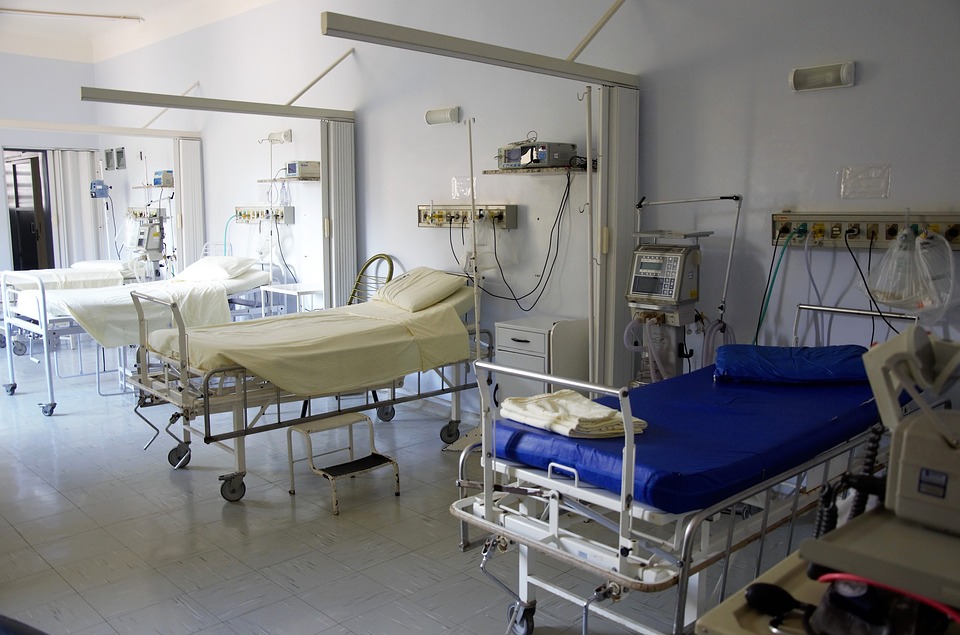NHS Dependence on Foreign Workers Raises Concerns
The NHS in the UK has faced many challenges over the years, not the least of which is the shortage of skilled staff filling open positions. A combination of funding cuts and an increased demand for services and accessibility has worsened staffing concerns across the board. In recent months, the government has come under more scrutiny because of these staff shortages given its position on immigration and foreign workers. Theresa May took a hard stand against raising vital immigration caps that would allow additional foreign workers to fill positions within the NHS. Instead of easing the pressures placed on the health organisation moving forward by increasing the maximum number of overseas skilled healthcare workers allowed to come to the UK, immigration caps remain in place for now.

Current State of Foreign Workers
The number of overseas doctors – the most needed workers in the NHS – has fluctuated greatly over the last decade, but their presence makes a crucial difference in how the NHS operates. Currently, more than 139,000 of the 1.2 million employees working at NHS are foreign nationals, which breaks down to nearly 12.5%. Of these skilled workers, an estimated 45,000 are from Asia, with another 21,000 from African countries. These numbers include all NHS staff, but when taking a closer look at specialists, such as doctors, the figures are more telling. Nearly 26% of doctors in the NHS are foreign nationals, with almost half from Asia.
In the current environment, doctors who want to come to the UK from non-EU countries are impacted by an immigration cap related to tier 2 visas. The cap limits the number of applications that are approved each year among skilled workers, allowing only 20,700 to be accepted each year. When the quota is met, no additional skilled workers under the via programme are allowed. For the last six months, the UK has refused skilled worker visa applications because of this cap. This has equated to a denial of more than 1,500 foreign doctor applications over a four-month period through March 2018, given many NHS leaders pause. Without increasing the cap on skilled workers from non-EU countries, NHS faces a staff shortage that could lead to significant obstacles now and in the future.
Bracing for Impact
According to NHS Improvement, there were more than 97,000 staff vacancies throughout NHS trusts for the last quarter of the year in 2017. During that timeframe, 400 doctors from other countries were refused their visa applications, despite having an estimated 10,000 vacancies for doctor positions. While not an official statistic, the data highlights the need for adding skilled workers to the staffing mix for NHS facilities so that patient care is not negatively impacted. The problem lies in the stark immigration cap that forces foreign doctors to look for work elsewhere, leaving many positions within the NHS open or filled by temporary workers.
Although there are individuals filling some open positions for skills healthcare work in NHS currently, many are done by way of employing a temporary staff of nurses and doctors. A medical negligence law firm in the UK explains that one issue related to leaning on temporary workers instead of full-time foreign workers is cost to the organisation. Hospitals may pay up to £3,500 for a temporary doctor to work a single shift, more than 50% higher than permanent staff. This cost spirals into several ancillary issues, including an exodus of permanent staff that feels underappreciated and overworked. As more staff leave the NHS, and few are allowed to enter from non-EU countries on a permanent basis, patient care suffers. Extended wait times coupled with limited accessibility for healthcare services could leave NHS in a worse position if the cap on immigration for skilled foreign workers is not lifted.
Many NHS bosses have shared their concerns with government leaders regarding these grave issues facing the healthcare organisation. In an effort to solve the problem, at least on some level, they are urging the powers that be to remove foreign skilled workers such as doctors from the tier 2 visa caps and structure restrictions in a different manner. Over the next several months, a change in this policy may be what NHS needs to shore up its staff shortages and move the quality of patient care back to a sustainable level.


